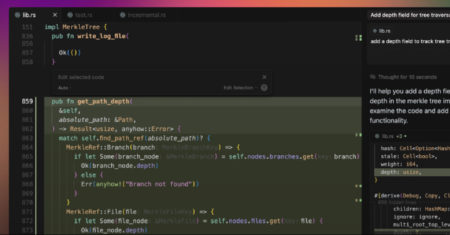CVE ID : CVE-2013-10050
Published : Aug. 1, 2025, 9:15 p.m. | 2 hours, 19 minutes ago
Description : An OS command injection vulnerability exists in multiple D-Link routers—confirmed on DIR-300 rev A (v1.05) and DIR-615 rev D (v4.13)—via the authenticated tools_vct.xgi CGI endpoint. The web interface fails to properly sanitize user-supplied input in the pingIp parameter, allowing attackers with valid credentials to inject arbitrary shell commands. Exploitation enables full device compromise, including spawning a telnet daemon and establishing a root shell. The vulnerability is present in firmware versions that expose tools_vct.xgi and use the Mathopd/1.5p6 web server. No vendor patch is available, and affected models are end-of-life.
Severity: 0.0 | NA
Visit the link for more details, such as CVSS details, affected products, timeline, and more…
Source: Read More
